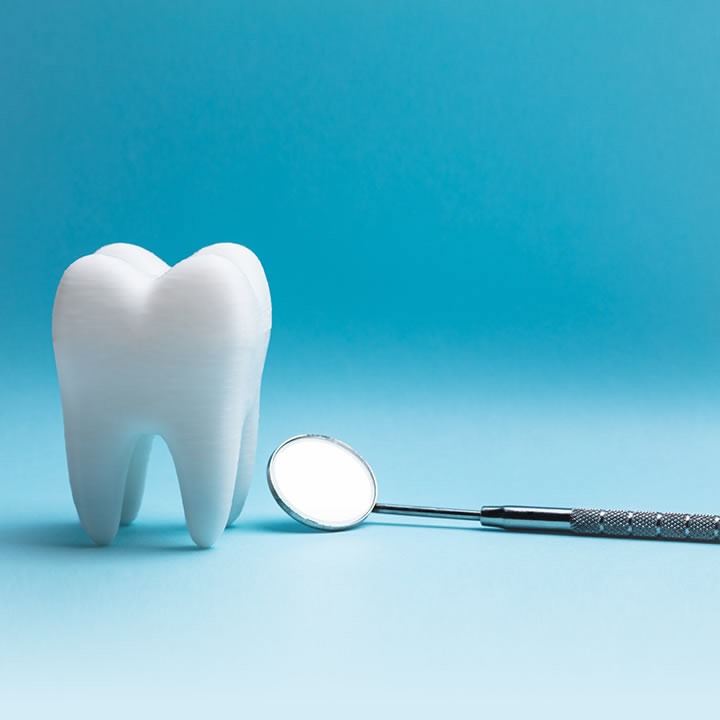Wisdom tooth extraction is a common dental procedure that involves removing one or more of the third molars, also known as wisdom teeth. These teeth are located at the back of the mouth and typically appear in late adolescence or early adulthood.
While not everyone needs to have their wisdom teeth removed, it is a common procedure due to a variety of factors, such as impaction, decay, gum disease, and overcrowding.
The extraction of wisdom teeth is a routine procedure that is usually performed by a dentist or oral surgeon under local anesthesia or sedation.
While the wisdom tooth extraction procedure itself is relatively straightforward, recovery time can vary depending on factors such as age, overall health, and the extent of the extraction.
Patients may experience some pain, swelling, and bleeding following the procedure, but these symptoms can usually be managed with pain medication and proper aftercare.
It’s important to discuss the potential risks and benefits of wisdom tooth extraction with your dentist or oral surgeon before undergoing the procedure. While there are some risks associated with any surgical procedure, the benefits of removing problematic wisdom teeth can include improved oral health, reduced risk of infection, and relief from pain and discomfort.
Discussing the Potential Risks
While wisdom tooth extraction is a common and usually safe procedure, there are potential risks associated with it. Some of these risks include:
- Pain and Swelling: After the surgery, you can expect to experience some pain and swelling. This is normal, and your dentist or oral surgeon will prescribe painkillers and anti-inflammatory medication to help you manage these symptoms.
- Infection: Any surgical procedure carries a risk of infection. Your dentist or oral surgeon will take steps to minimize this risk, such as prescribing antibiotics and providing you with instructions on how to care for your mouth after the surgery.
- Nerve Damage: In some cases, the extraction of wisdom teeth can cause nerve damage. This can result in numbness or tingling in the tongue, lip, or chin. In most cases, this is a temporary condition, but in rare cases, it can be permanent.
- Dry Socket: A dry socket occurs when the blood clot that forms in the socket after the tooth is extracted becomes dislodged or dissolves before the wound has healed. This can be very painful and may require additional treatment.
- Bleeding: It is normal to experience some bleeding after the surgery. Your dentist or oral surgeon will provide you with instructions on how to control the bleeding.
- Sinus Complications: The upper wisdom teeth are located near the sinuses, and the extraction of these teeth can sometimes cause sinus problems such as sinus pain, congestion, or an infection.
It is important to discuss any concerns or potential risks with your dentist or oral surgeon before the procedure. They will provide you with information on how to prepare for the surgery and minimize your risk of complications.
Benefits of Wisdom Tooth Extraction
There are several benefits to wisdom tooth extraction, including:
- Prevention of crowding: Wisdom teeth can push against existing teeth, causing them to shift out of alignment and leading to crowding. Removing wisdom teeth can prevent this from happening.
- Prevention of decay and infection: Wisdom teeth are often harder to reach and clean, making them more prone to decay and infection. By removing them, you can prevent these dental problems.
- Relief of pain: Wisdom teeth can cause pain and discomfort, especially if they become impacted or infected. Extracting them can provide relief from this pain.
- Prevention of gum disease: Wisdom teeth that partially erupt can create a pocket between the tooth and gum where bacteria can accumulate and cause gum disease. By removing the tooth, you can prevent this from happening.
- Improved oral hygiene: After the extraction, maintaining good oral hygiene can become easier as it removes a hard-to-reach area of the mouth.
- Improved overall health: Wisdom teeth removal can prevent the spread of infection or inflammation that can cause problems throughout the body.
Overall, extracting wisdom teeth can improve oral health, prevent potential problems, and alleviate pain and discomfort. It is important to discuss with your dentist or oral surgeon to determine if a wisdom tooth extraction is necessary for your situation.
Conclusion
In conclusion, wisdom tooth extraction is a common dental procedure that is often necessary for oral health.
While there are potential risks involved, the benefits of the procedure usually outweigh them. Wisdom tooth extraction can alleviate pain and discomfort, prevent crowding and misalignment of teeth, and reduce the risk of gum disease and other oral health issues.
It is important to discuss any concerns or questions with your dentist or oral surgeon to ensure the best possible outcome. With proper care and attention, most individuals can recover from wisdom tooth extraction quickly and resume normal activities within a few days.

